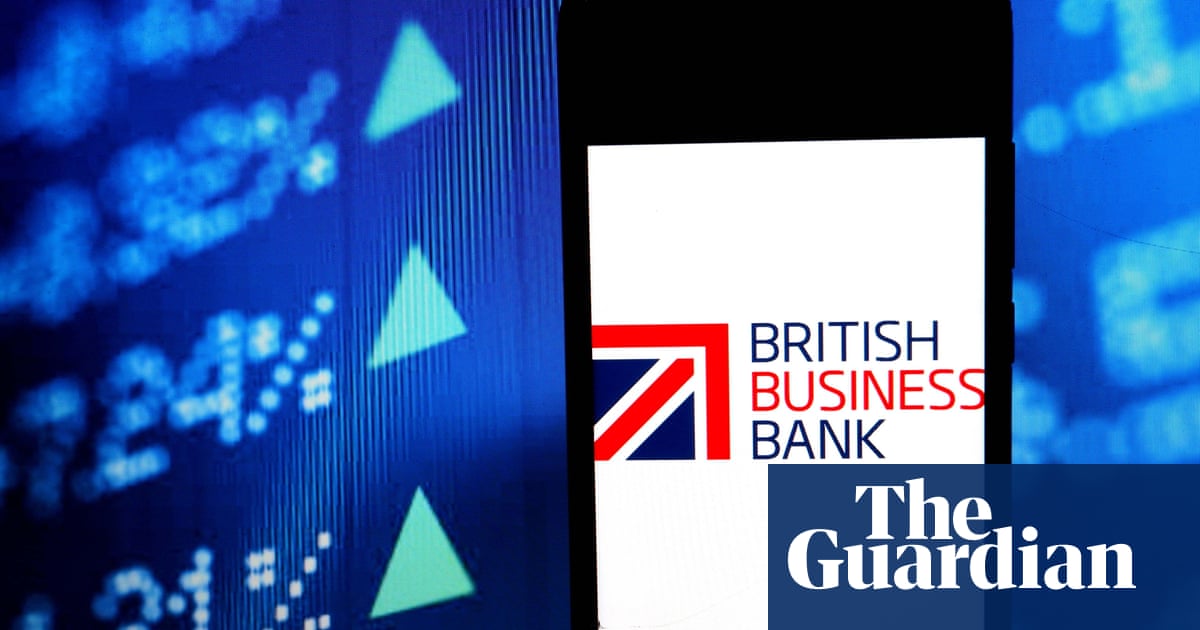
UK banks have approved nearly £35bn worth of government-backed loans for more than 830,000 businesses hit by the Covid-19 crisis, but lenders are still struggling to keep up with demand for emergency funding.
Figures released by the Treasury on Tuesday showed that banks granted a further £3.6bn worth of loans to 85,000 businesses in the week to 7 June, with the 100% state-guaranteed bounce-back loans (BBLS) for small firms logging the largest rise.
The Treasury also announced that the coronavirus job retention scheme was now covering 8.9 million workers in the UK. It said claims for wage subsidies have reached £19.6bn. The so-called furlough scheme covers 80% of workers’ wages up to £2,500 per month.
BBLS, which are the most generous of the three loan schemes and offer cheap funds worth up to £50,000, make up the bulk of the total loans granted so far, with £23.8bn handed to 782,246 firms.
While around 81% of the fast-track BBLS applications have been approved so far, there are signs of a major backlog in demand. Most of the 16 accredited lenders are restricting BBLS to existing customers, leaving many small businesses locked out.
HSBC and digital upstart Starling Bank are among the only banks accepting external applicants for the emergency cash loans, but they are still prioritising their own account holders.
Starling was forced to block sole traders from opening new accounts for a second time last week, and has set up a lengthy waiting list for its own customers amid a surge in demand for BBLS. There are around 10m micro and sole traders in the UK.
It is not clear how many firms are still waiting to open new accounts in order to access BBLS, since the government figures only cover formal applications for each scheme.
Meanwhile, the coronavirus business interruption loan scheme (CBILS), which involves a more hands-on application process, has only managed to approve 51% of the 93,305 applications to date, with loans now totalling £9.6bn.
The largest of the three main schemes, known as CLBILS, has had a much lower take up. The programme, which is also the least generous, has approved 244 of the 615 applications, with loans now totalling around £1.6bn.
Attention is now turning to repayment plans, over fears that many small firms will struggle to service growing debts over the coming months.
A City taskforce has projected that small and medium-sized businesses will be faced with £97bn to £107bn of unsustainable debt by March 2021. A third of that total will come from government-backed loans.
The All Party Parliamentary Group on Fair Business Banking (APPG) is calling on banks and financial regulators to introduce six-month payment and interest holidays for business loans and commercial mortgages outside of the government scheme.
The APPG said most payment holidays did not cover interest payments and any forbearance was only available on request. “Lenders should step up support and proactively offer full payment holidays, ie interest as well as capital, to impacted business customers,” the APPG said.
The City taskforce, led by EY and financial sector lobby group TheCityUK, is exploring a range of solutions to deal with growing debt piles on both standard and government-backed loans. Potential measures, which are now being reviewed by groups including the Treasury and Bank of England, include turning debt into equity or a profit tax, or introducing debt repayment holidays.












